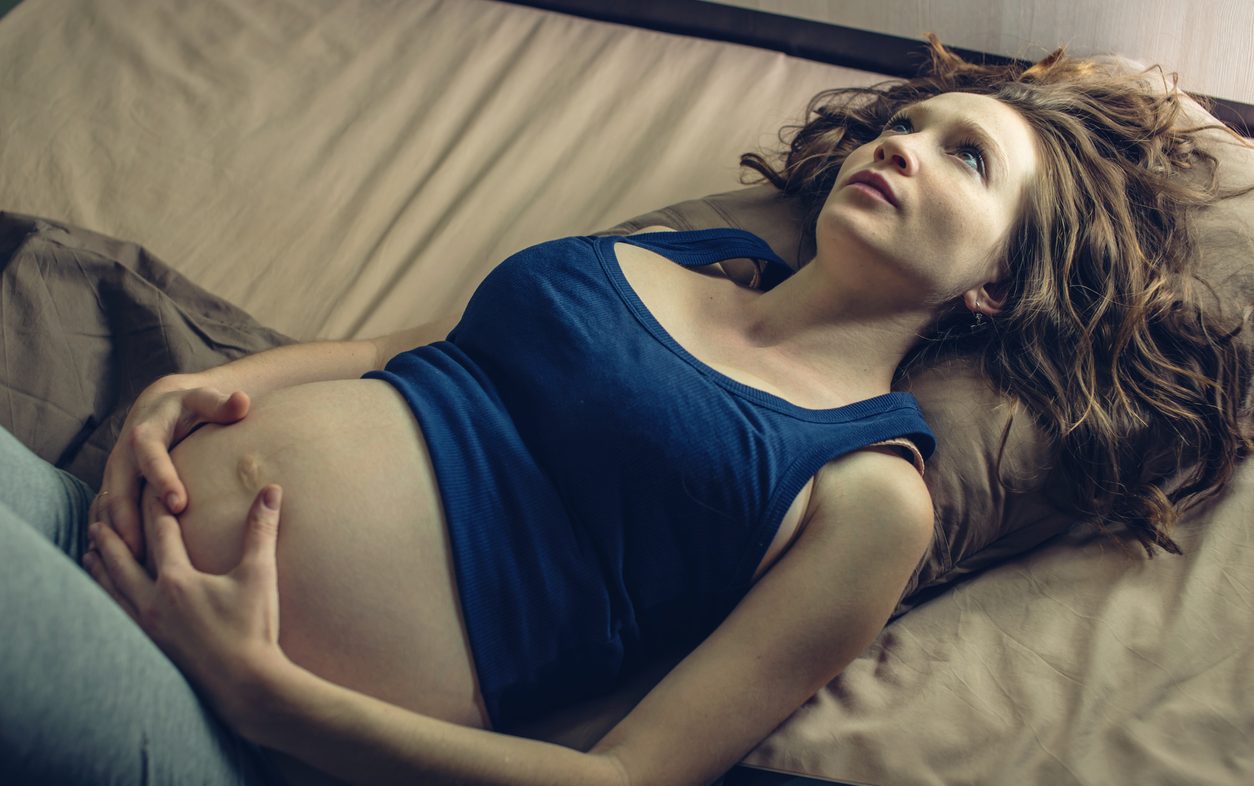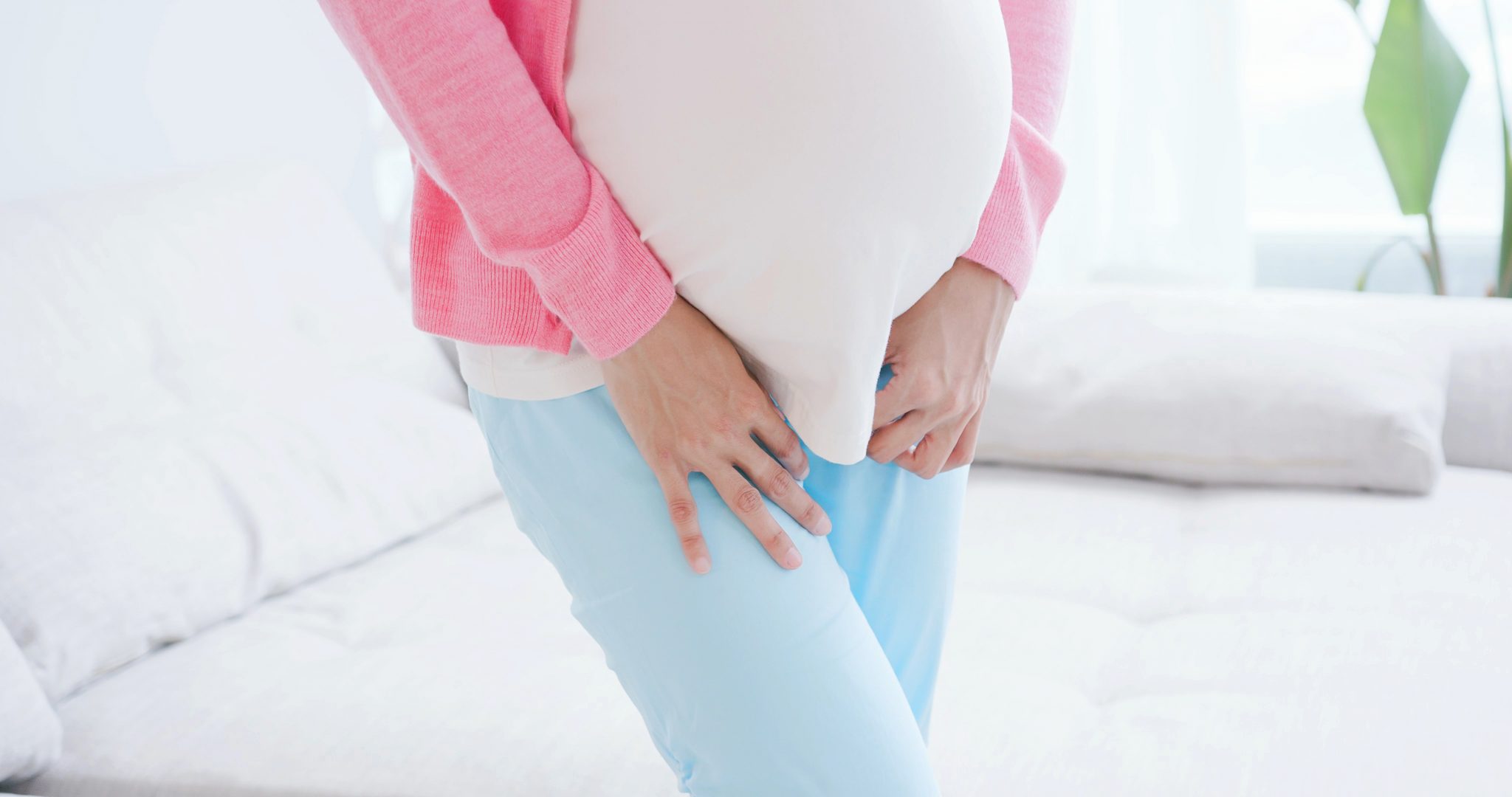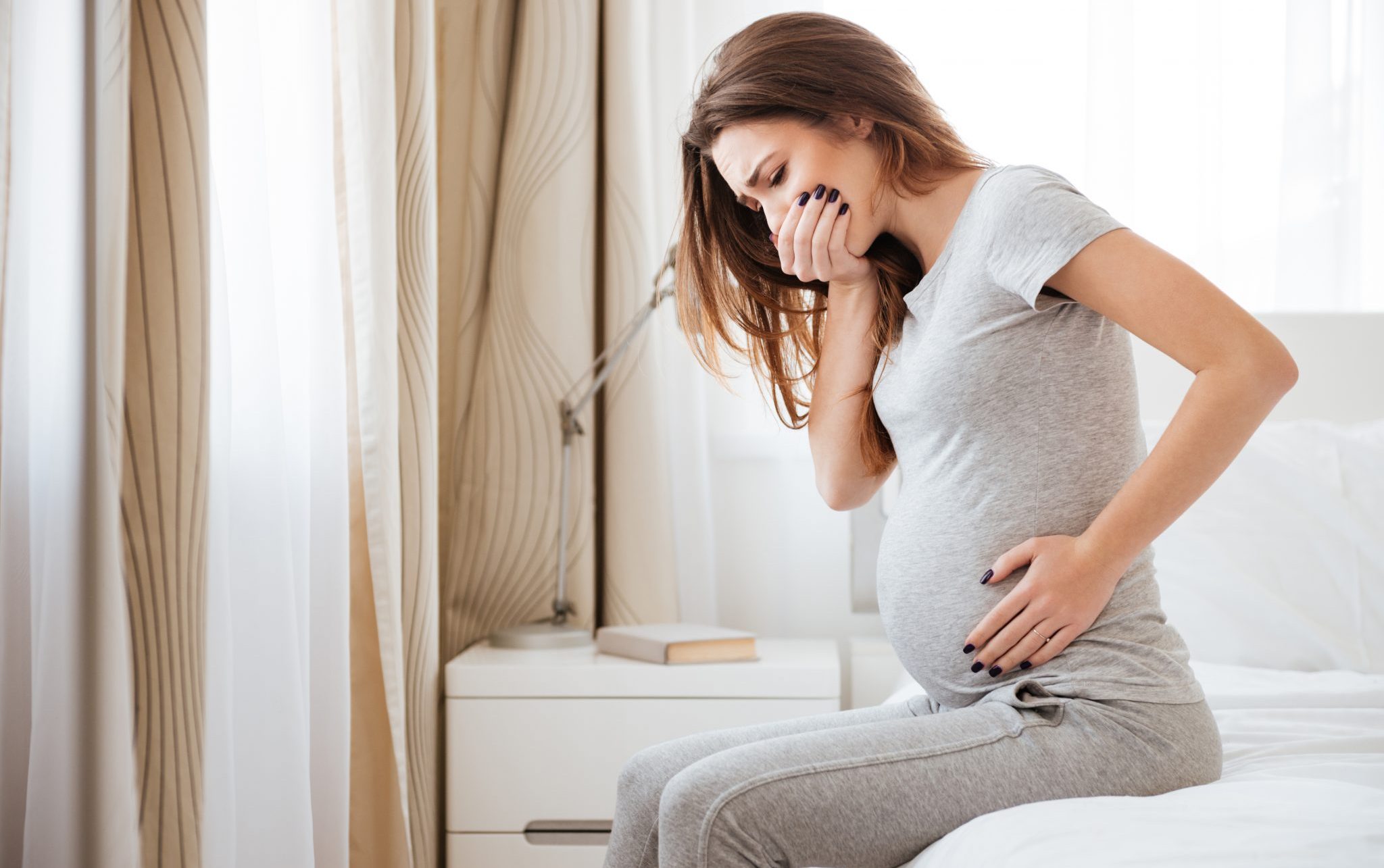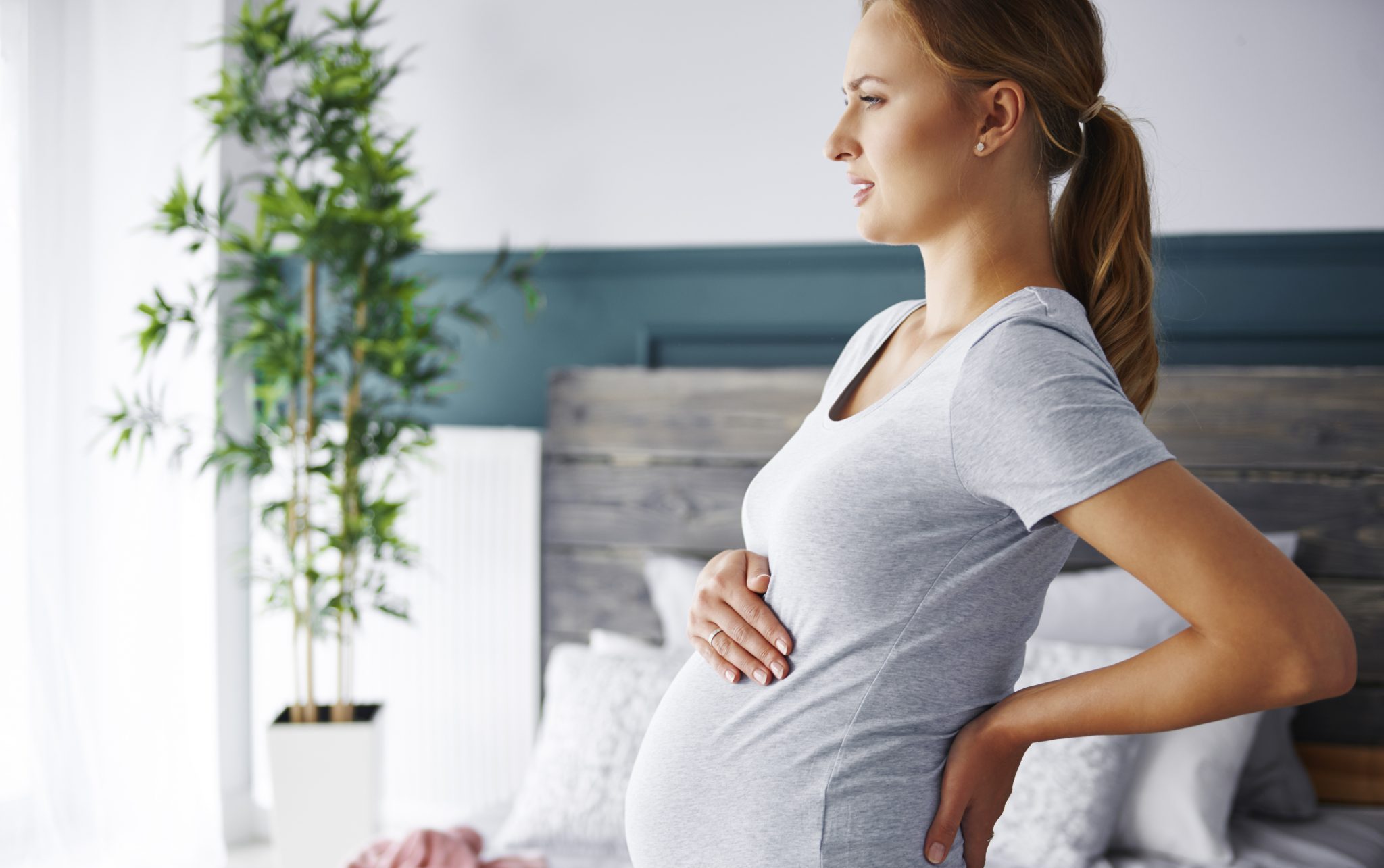Congratulations mama-to-be! Welcome to the exciting journey of pregnancy, an approximately 40-week adventure full of anticipation, and a few little unexpected surprises along the way. And, sleep is one of them! Whether too much, too little or just uncomfortable, this is your guide to sleep problems during pregnancy.
Fatigue and exhausting
Feeling like you absolutely can’t get up in the morning, or like it’s time for a mid-day nap by 10.30 am? You might just have pregnancy fatigue, and it’s exhausting.
Which trimester: Especially prevalent during the first trimester
Why is it happening: At the start of your pregnancy your levels of progesterone rise to ensure a healthy pregnancy, but as a side effect you’re more likely to feel extra tired, and this is normal.
What you can do about it: Absolutely nothing. Feeling exhausted at the start of your pregnancy is normal and a sign that your hormones are doing their job. So, the best tip for sleeping better while pregnant truly is get as much rest as possible and try to make it through to the second trimester (it gets easier).
Insomnia
Aside from experiencing tiredness, your nights may now come with a bonus––insomnia. Yes, that’s right, you’ve been exhausted all day, and now it’s night time, you just can’t sleep.
Which trimester: First trimester but may reappear during the second and third trimesters.
Why is it happening: 78% of women experience insomnia at some point during pregnancy. In the first trimester, as hormones rage through the body, sleep quality becomes lower so although you feel tired, your rest is not as productive. In later trimesters, insomnia can have a range of causes from heartburn, back pain, frequent toilet trips, to anxiety over the new baby, and even some freaky pregnancy dreams.
What you can do about it: The trick to sleeping better while pregnant is to maintain a healthy sleep routine––exercise, eat healthily, and go to bed at a reasonable hour––those 8 hours(or more)-a-night mean more now than ever.
Frequent need to pee
If you’re up and down during the night like a yo-yo heading to the bathroom, you’re not alone. During your pregnancy, frequent toilet trips are quite normal, but they do wreak havoc on your sleep.
Which trimester: Most typical during the first and third trimesters
Why is it happening: In your first trimester as your levels of hCG rise you will experience an increased need to use the bathroom more frequently. However, as you reach your third trimester, the cause is more likely your uterus, complete with that little bundle of joy, applying pressure to your bladder, meaning it can hold less urine.
What you can do about it: Aside from cutting down on fluids closer to bedtime (don’t neglect daytime hydration), the most important pregnancy sleeping tip here is to plan a safe route to the bathroom––night time tripping injuries are real––and if you need to set a torch beside your bed or install a sensor light to keep yourself safe this a step you should take.
Restless legs and cramps
If you can’t stop moving your legs at night or they keep cramping up (which is incredibly painful), then you are undergoing another of the many surprises of pregnancy.
Which trimester: Second and third trimesters
Why is it happening: It is suspected that restless legs and cramps are caused by low iron levels during pregnancy. Affecting 1 out of 5 moms-to-be, leg pains can really disturb your sleep.
What you can do about it: Setting your feet flat on a cold floor or walking around a little will help ease the immediate symptoms but might leave you feeling even more tired as you spend half the night standing. Other tips suggest ensuring you eat a healthy diet, get enough exercise during the day, cut down on caffeine, and massage your legs to lower the chances of it happening.
Heartburn and nausea
At the start of your pregnancy, you may be hit by the wave of nausea known as the dreaded “morning sickness,” which for the record can occur at any time and may even keep you awake at night. Later as you approach your third trimester, heartburn is likely to make an appearance, so now is the time to prepare.
Which trimester: First and third trimesters
Why is it happening: During your first trimester, the usual suspect is the dreaded “morning sickness” which aside from leaving you tired has made feel sick too. This is happening as the levels of hormones in your body are rising, resulting in that not too good feeling. While your second trimester should be easier, by the time you reach your third, you may again be experiencing an upset stomach with heartburn as your baby grows and puts pressure on your upper digestive tract and respiratory system.
What you can do about it: For nausea, many women find eating little and often helps to hold off the sickness. For heartburn, there are several suggestions you can try, such as drinking milk, eating cucumbers, or even sleeping on your left side (yes, it works) to try and reduce the symptoms.
General discomfort
Tossing and turning, and can’t seem to get cozy; this is classic pregnancy discomfort, and we’ve been there. Luckily there is something you can do about it.
Which trimester: More likely in the third trimester
Why is it happening: As your body grows and adjusts to the changes, it’s natural that you might be feeling less than comfortable right now. That and those beautiful little kick that you wouldn’t miss for the world but are keeping you up at night.
What you can do about it: One of the best ways to sleep better while pregnant is to make yourself comfortable. Many women find that supporting their bump and back with pregnancy pillows helps to ease the discomfort, but in general, the answer to this one is as unique as the person. Your sleep matters, so find which works best for you and get some rest.
Note: This list is not extensive, and if you feel your sleep issues are negatively impacting your pregnancy, you need to consult your healthcare provider at your next prenatal visit.
The Good News?
You will sleep again! And that’s a promise.
Although pregnancy is a journey of twists, turns, and surprises, you will make it to the other side.









